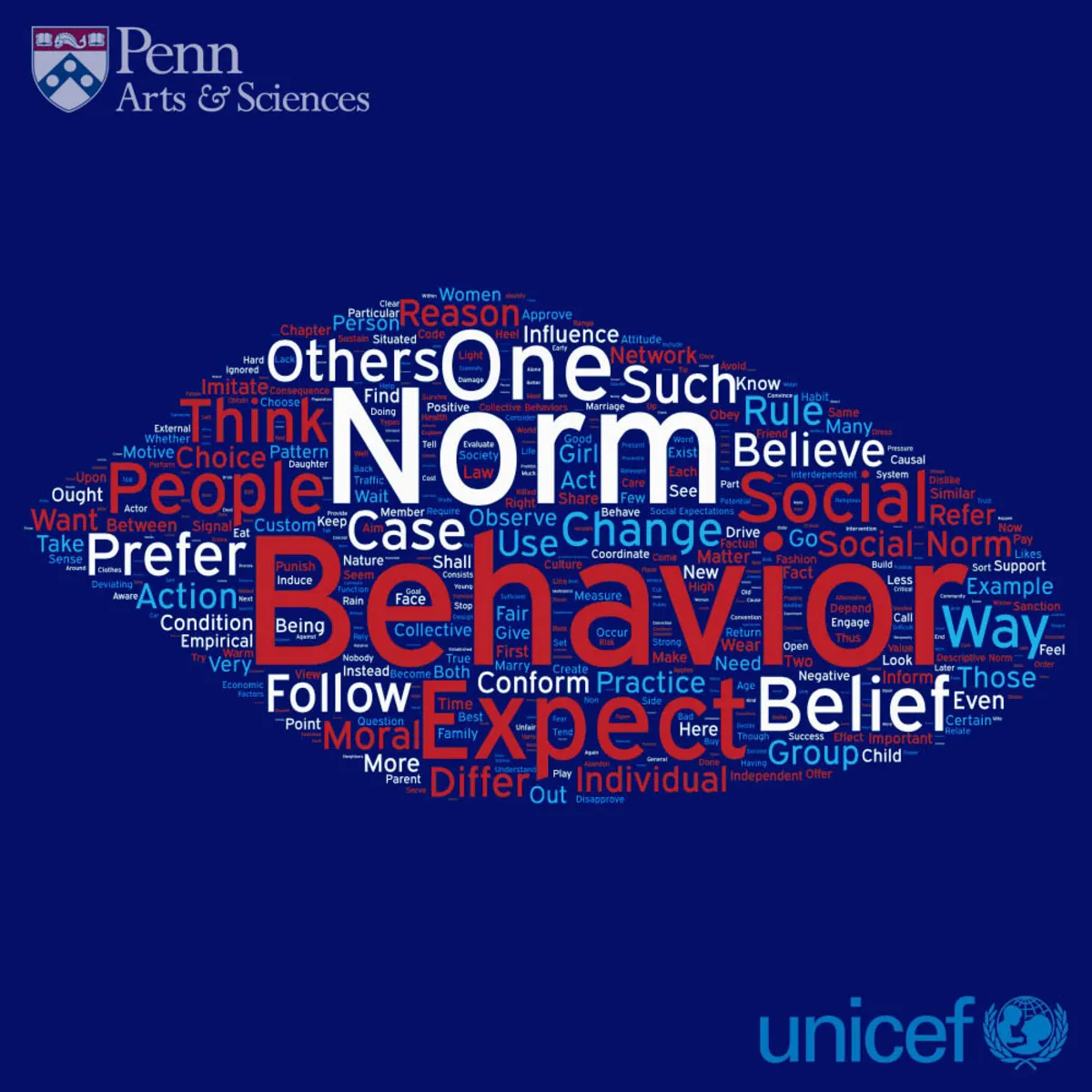
Introduction to Cognitive Psychology Course - FutureLearn 
This course from the University of York provides an introduction to cognitive psychology, exploring how to use experiments to study the mind. Participants will gain a flexible understanding of the fundamentals of cognitive psychology. ▼
ADVERTISEMENT
Course Feature
![]() Cost:
Cost:
Free
![]() Provider:
Provider:
Futurelearn
![]() Certificate:
Certificate:
No Information
![]() Language:
Language:
English
![]() Start Date:
Start Date:
Self Paced
Course Overview
❗The content presented here is sourced directly from Futurelearn platform. For comprehensive course details, including enrollment information, simply click on the 'Go to class' link on our website.
Updated in [March 06th, 2023]
This course, Introduction to Cognitive Psychology, offered by FutureLearn, provides an overview of the field of cognitive psychology. It covers topics such as memory, attention, perception, decision-making, and problem-solving. The course is designed to help learners understand the basic principles of cognitive psychology and how they can be applied to everyday life. It also provides an introduction to the research methods used in the field. Through a combination of videos, articles, and activities, learners will gain an understanding of the fundamentals of cognitive psychology and how to apply them in their own lives.
[Applications]
After completing this Introduction to Cognitive Psychology Course, learners can apply their knowledge to a variety of fields. They can use their understanding of cognitive psychology to inform their work in fields such as education, healthcare, business, and technology. Learners can also use their knowledge to develop strategies for improving their own cognitive functioning, such as memory, problem-solving, and decision-making. Additionally, learners can use their knowledge to better understand the behavior of others and to develop more effective communication strategies.
[Career Paths]
1. Cognitive Psychologist: Cognitive psychologists study the mental processes of humans and animals, such as memory, problem solving, decision making, and language. They use a variety of methods, such as experiments, interviews, and surveys, to understand how the brain works and how it affects behavior. This field is growing rapidly, as more research is being done to understand the complexities of the human mind.
2. Cognitive Neuroscientist: Cognitive neuroscientists study the biological basis of cognitive processes, such as memory, learning, and decision making. They use a variety of techniques, such as brain imaging, to understand how the brain works and how it affects behavior. This field is growing rapidly, as more research is being done to understand the complexities of the brain and its relationship to behavior.
3. Cognitive Behavioral Therapist: Cognitive behavioral therapists help people manage their emotions, thoughts, and behaviors. They use a variety of techniques, such as cognitive restructuring, to help people identify and change unhelpful patterns of thinking and behavior. This field is growing rapidly, as more research is being done to understand the complexities of mental health and how to effectively treat it.
4. Artificial Intelligence Engineer: Artificial intelligence engineers design and develop computer systems that can think and act like humans. They use a variety of techniques, such as machine learning, to create systems that can understand and respond to complex tasks. This field is growing rapidly, as more research is being done to understand the complexities of artificial intelligence and how to effectively use it.
[Education Paths]
1. Bachelor of Science in Cognitive Psychology: This degree path provides students with a comprehensive understanding of the cognitive processes that underlie human behavior. Students will learn about the various theories and research methods used to study cognition, as well as the application of cognitive psychology in various fields. Additionally, students will gain an understanding of the ethical considerations associated with cognitive research. This degree path is becoming increasingly popular as the demand for professionals with expertise in cognitive psychology grows.
2. Master of Science in Cognitive Neuroscience: This degree path focuses on the study of the brain and its relationship to cognitive processes. Students will learn about the structure and function of the brain, as well as the neural mechanisms that underlie cognitive processes. Additionally, students will gain an understanding of the ethical considerations associated with cognitive neuroscience research. This degree path is becoming increasingly popular as the demand for professionals with expertise in cognitive neuroscience grows.
3. Doctor of Philosophy in Cognitive Psychology: This degree path provides students with an in-depth understanding of the cognitive processes that underlie human behavior. Students will learn about the various theories and research methods used to study cognition, as well as the application of cognitive psychology in various fields. Additionally, students will gain an understanding of the ethical considerations associated with cognitive research. This degree path is becoming increasingly popular as the demand for professionals with expertise in cognitive psychology grows.
4. Doctor of Philosophy in Cognitive Neuroscience: This degree path focuses on the study of the brain and its relationship to cognitive processes. Students will learn about the structure and function of the brain, as well as the neural mechanisms that underlie cognitive processes. Additionally, students will gain an understanding of the ethical considerations associated with cognitive neuroscience research. This degree path is becoming increasingly popular as the demand for professionals with expertise in cognitive neuroscience grows.
Course Provider

Provider Futurelearn's Stats at AZClass
This course from York University provides an introduction to cognitive psychology, exploring how experiments can be used to study the brain. It covers a wide range of topics, from the foundations of cognitive psychology to more advanced topics such as memory, decision-making, and problem-solving. Learners will develop an understanding of the different theories and research methods used in cognitive psychology, as well as the practical application of cognitive psychology to everyday life. The course also provides an overview of the history of cognitive psychology and its current trends. Learners will be able to apply their knowledge to their own research and practice. In addition, the course provides a range of resources and activities to help learners develop skills and knowledge.
Discussion and Reviews
0.0 (Based on 0 reviews)
Explore Similar Online Courses

The Beginner& Guide to Vegetable Gardening

Python 3 Essentials

Python for Informatics: Exploring Information

Social Network Analysis

Introduction to Systematic Review and Meta-Analysis

The Analytics Edge

DCO042 - Python For Informatics

Causal Diagrams: Draw Your Assumptions Before Your Conclusions

Whole genome sequencing of bacterial genomes - tools and applications

A Life of Happiness and Fulfillment

Social Norms Social Change II


Start your review of Introduction to Cognitive Psychology Course - FutureLearn